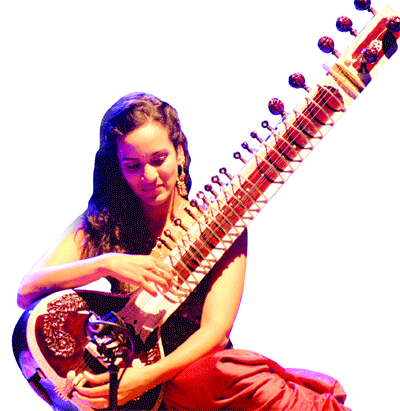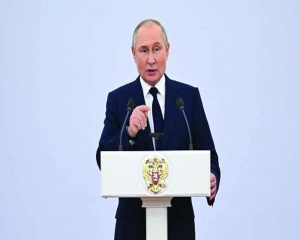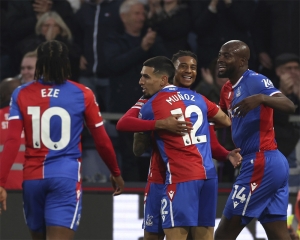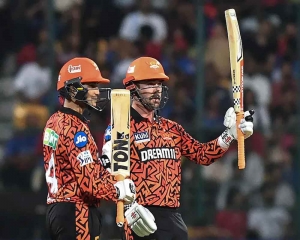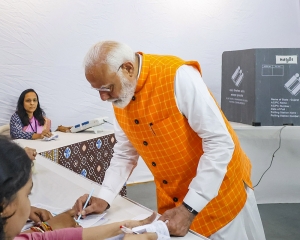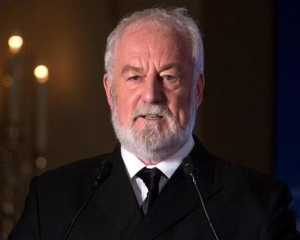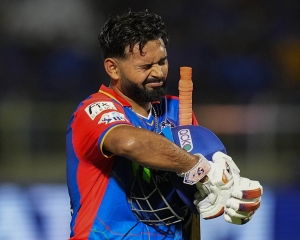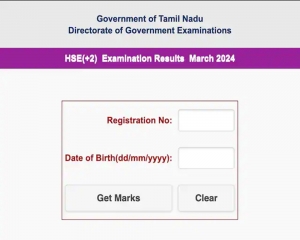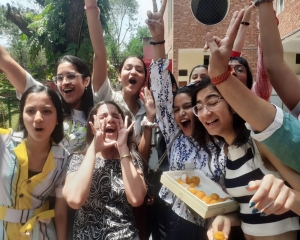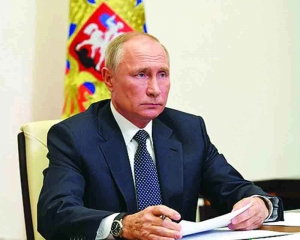Growing up, Anoushka Shankar had many homes but not a home. She used this sentiment to come up with her latest eponymous solo album which she has collaborated with Tanmoy Bose. She tells Rupinder Kaur that the album is a tribute to her father
Why is your latest albumHome special to youIJ Could you share some details about the albumIJ
It was made as a heartfelt tribute to my father and guru, and therefore is very special to me. It marked a return to classical Indian music on a recording for me as well, and I’m very proud of my playing on it.
Who all are you collaborating with for this albumIJ And if you had to pick one artiste to work with, who’d you pickIJ
My longtime collaborator, the wonderful Tanmoy Bose, accompanies me on Home. We have a natural rapport because we have been playing together for nearly 20 years, and I’m very glad that he could perform with me on the album.
Could you tell us something about raga jogeshwari and raga manj khamajIJ
Ragajogeshwari is a creation of my father’s — a combined raga containing both jog and rageshri. It’s beautiful, sweet and powerful at the same time. Raga manj khamaj is my all-time favourite raga — achingly tender and romantic.
Sitar has always been associated with Indian classical music. But, it is much more than that. How can it be promoted for the youth to exploreIJ
The sitar is an incredibly versatile instrument and can often surprise listeners who only think of it as being spiritual or relaxing. It’s great for people to play it in ways and contexts that can open up it’s possibilities and share it with new listeners.
Does Joe (husband) get to attend your concerts oftenIJ And since he did create a music video for Traces of You, is he involved with Home, tooIJ
He was less involved with Home beyond listening and supporting, as he always does. However, for my next album land of Gold, which is to be released next year, he has come on as a producer!
Tell us about your association with Deutsche Grammophon.
They’ve been a wonderful home for me over the last several years. As a longstanding, prestigious classical label, they have really helped me to grow as an artiste. But also they are very open, and have given me complete creative freedom on the music I make.
Apart from touring the four cities, what else is on your agenda since you’re returning after almost two years and it is also your younger son’s first trip to IndiaIJ
We’ll be enjoying family time, taking a holiday over Christmas and New Year, and beyond that trying to expose my older son to the culture as much as possible.
What is your take on the question of ‘growing intolerance’ in the country with various eminent artists returning their awardsIJ
We have a history of tolerance and cohabitation, and I hope in the end that will be strong enough to survive everything else.
What is your earliest memoryIJ You have grown up living music; do you think you would have ever pursued any career other than musicIJ
It was a staggered process. On one side, I have no first musical memory because it was always there and music was a very immersive experience. I was definitely soaking up a lot of music before I experienced any formalised learning. I definitely remember my first sitar lesson at around the age of seven. It was a key point, but I wasn’t very keen at that point. If I wasn’t a musician I would have possibly been a writer, a lawyer, or a yoga teacher.
Apart from its musical finesse, what does home mean to you personallyIJ
As someone growing up across three continents, I always felt as if I had many homes, but no home. In the last few years I have managed to make a feeling of home with my family and I feel more rooted and settled than I did before. However, perhaps because of my peripatetic childhood, home has always been an internal, spiritual concept, as someone comfortable in themselves can learn to be comfortable anywhere.
What are some of the fond memories and lessons from your father, Pandit Ravi ShankarIJ
love is a huge influence — love and the joy and the pain that come with that. I have a lighter touch with my music now. Music is my passion, it’s my fun — but what’s really important are the people I build a family with. That comes first.
Who would you like to collaborate with for making more musicIJ
Max Richter, Abida Parveen, Bjork.
What are the most important, in fact, indispensable musical elements for you while composing musicIJ
The confidence to be free and take risks is actually the key. When I’m too worried about getting it right, or feel too fearful that it won’t be good enough, then I kill the creative process before it even starts. Trying to stay in tune with the music and trusting the process, allows the music to unfold the way it’s meant to.
How do you experiment with your music to avoid redundancyIJ
Each album I make has a very different sound, and I continually tour with different people who helps to stretch my boundaries. I try to listen to a very wide range of music, as I can learn from all of it.
Tell us about the bond you share with Norah Jones.
We are very close. We just shared a one-week family holiday together and it was wonderful.
Other than music, are there any other pursuits that you and your family follow at home which you could share IJ
We play lots of pretend games with our older son Zubin. We are often role-playing as different people even while doing the most ordinary tasks together.













